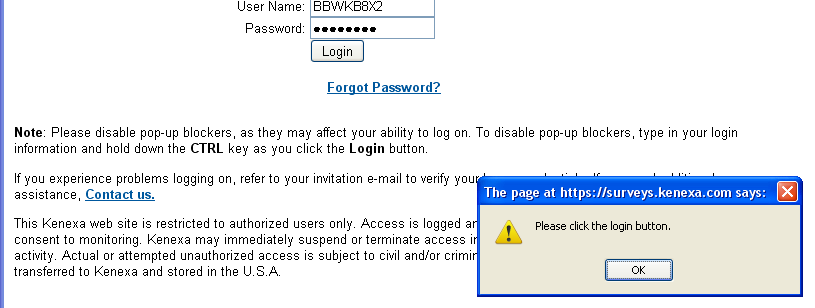Business people talk in weird ways. For instance, Mrs. Muttrox hated it that I call people “resources”. No, she says, they are people, call them that! But when you run projects, you quickly learn that you can adjust the timelines, the people, or the money. People are a resource you can utilize, and they are similar to money or equipment in that way. When Mrs. Muttrox went corporate she started seeing people as resources also.
Business people talk in weird ways. Business people have a way of turning nouns into verbs and vice-versa. And, of course, there are people who just say things wrong or have their own unqiue ways of phrasing things. Here are some of my favorite phrases and words I’ve personally encountered in the workplace.
• Key Learnings: I hate the word learnings. It means things you’ve learned.
• Dimensionalize: This means understanding the parameters of a problem. I think the idea is that each issue is a separate dimension, and the “-izing” is the understanding of that particular dimension.
• Opening the Kimono: Oh, how I hate this one. The idea of showing you have nothing to hide could be expressed any number of ways, without bring foreign cultures and sex into it.
• Liase: The act of being a liaison(derived from interface?)
• Disconnectivity: When two groups aren’t talking to each other, they have disconnectivity.
• Incenting: This means incentivizing? This turns out to be a popular topic.
• Agreeance: When two people agree, they are in aggreance.
• Confliction: The state of having conflict.
• Concepted: It means an idea was conceived
• Using something very specific to mean something general. “This campaign isn’t aimed for your New Yorks or Chicagos, it’s for your Greensboros and Portlands.” Why don’t you say it isn’t aimed at big cities, it’s aimed at mid-sized cities? I find this construction very annoying. yet it’s very effective. By using concrete examples, the brain quickly understands the categories. I would settle for adding one more word, “like”: This campaign isn’t aimed for DMAs like New York or Chicago, it’s for ones like Greensboro and Portland.
• Followership: What apparently used to mean leadership, or the state of having followers. This quote was from the promotion notice for one of our executives.
In all of his various management roles, he has showed tremendous leadership and ability to see opportunities… He also has a unique talent for creating “followership,” which is the quality that makes people want to follow him and perform at the highest level”
That’s all true, and it’s great, but that’s leadership!
• Getting micro: looking at the details
• Ownable: The advertising should have an ownable concept. Spend a few years in marketing and this makes sense. Advertising can be based around a concept that gives the consumer a sense of ownership, driving engagement and action with the advertising.
• Historical: Historical is a word. But this is always used instead of historic. “This is a historical event.” No, it isn’t. It’s happening right now.
• Futuristically: Things that haven’t happened yet?
• Solutionize: To come up with a solution.
• Transgressing information (instead of transmitting)
• Visioning: A kind of thinking. This is an explicit phase of several development processes where I work. I’m lost how this is so different than “ideation”, or “figure out what you want to do.”
• That got “permeated” through the entire site.
And completely at random, here’s a great quote from our always quotable CMO discussing calls to action:
My view is, consumers are lemmings. You tell them to click here, and goddamnit, they do it!












